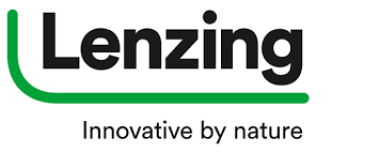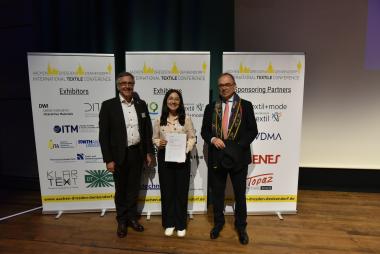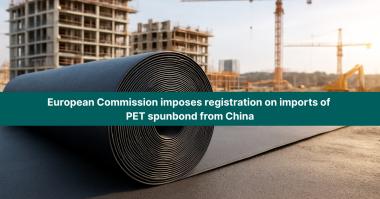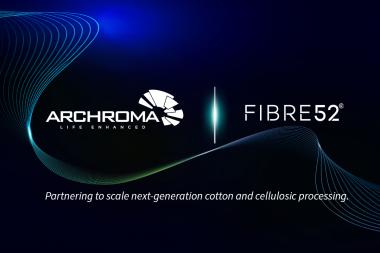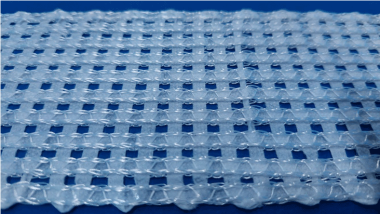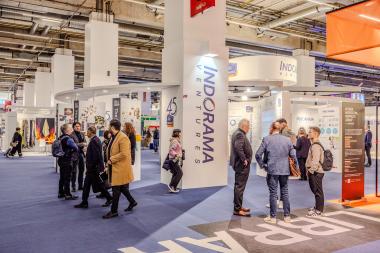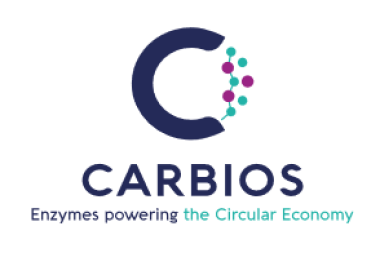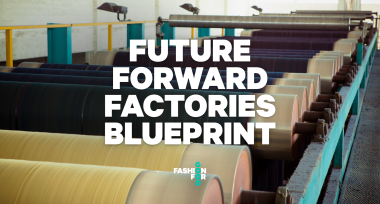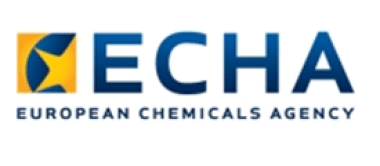Global Fashion Agenda: Combating Textile Waste through New Initiative in Türkiye
Global Fashion Agenda (GFA) announced the launch of the Circular Fashion Partnership: Türkiye, a new initiative that aims to support the development of a circular textile system in the country by capturing and recycling post-industrial textile waste. Announced during Sustainability Talks Istanbul, the partnership is led by GFA in collaboration with national lead Rematters, supported by implementation partners Reverse Resources, Closed Loop Fashion, and Circle Economy Foundation and funded by H&M Foundation.
Set to commence in early 2026, the Circular Fashion Partnership: Türkiye aims to establish textile waste management systems within factories, enhance traceability through digital tools, and connect manufacturers with recyclers to ensure higher-value recovery of post-industrial textile waste. The programme will also provide supplier support on compliance with evolving policy frameworks and foster national collaboration to drive systemic change. GFA is now calling on brands producing in Türkiye to participate in the programme.
As one of the world’s leading apparel manufacturing hubs, Türkiye is uniquely positioned to scale textile-to-textile recycling due to its vertically integrated industry, proximity to the EU, and increasing regulatory pressure to reduce waste and emissions. The Circular Fashion Partnership: Türkiye will build on these strengths by developing scalable models for improved waste segregation, fibre-to-fibre recycling, and domestic recovery routes that reduce dependency on virgin materials and landfill.
The programme is part of the Global Circular Fashion Forum (GCFF), a wider initiative led by Global Fashion Agenda to advance post-industrial textile recycling through local partnerships in manufacturing regions. Building on successful implementation in Bangladesh, Cambodia, and Indonesia, the Circular Fashion Partnership: Türkiye becomes the fourth national programme to deploy this model — which has already digitally traced over 21,000 tonnes of textile waste and connected more than 100 factories and 20 global brands to recycling partners across its programmes. The locally owned and led partnership in Türkiye will be customised to the regional context, while drawing on best practices from other countries. Throughout 2026, the Circular Fashion Partnership: Türkiye will engage stakeholders across the value chain via targeted activities including on-site waste management assessments, training and capacity building through a Train-the-Trainer model, recycling pitch sessions and matchmaking events, as well as roundtables and policy dialogues with key national actors. In doing so, the partnership aims to support Turkey in futureproofing its textile ecosystem, unlock economic value from waste, and contribute to a just, circular transition in one of the industry’s most influential sourcing regions.
textile-to-textile recycling Turkey Global Circular Fashion Forum Global Fashion Agenda textile waste
Global Fashion Agenda






